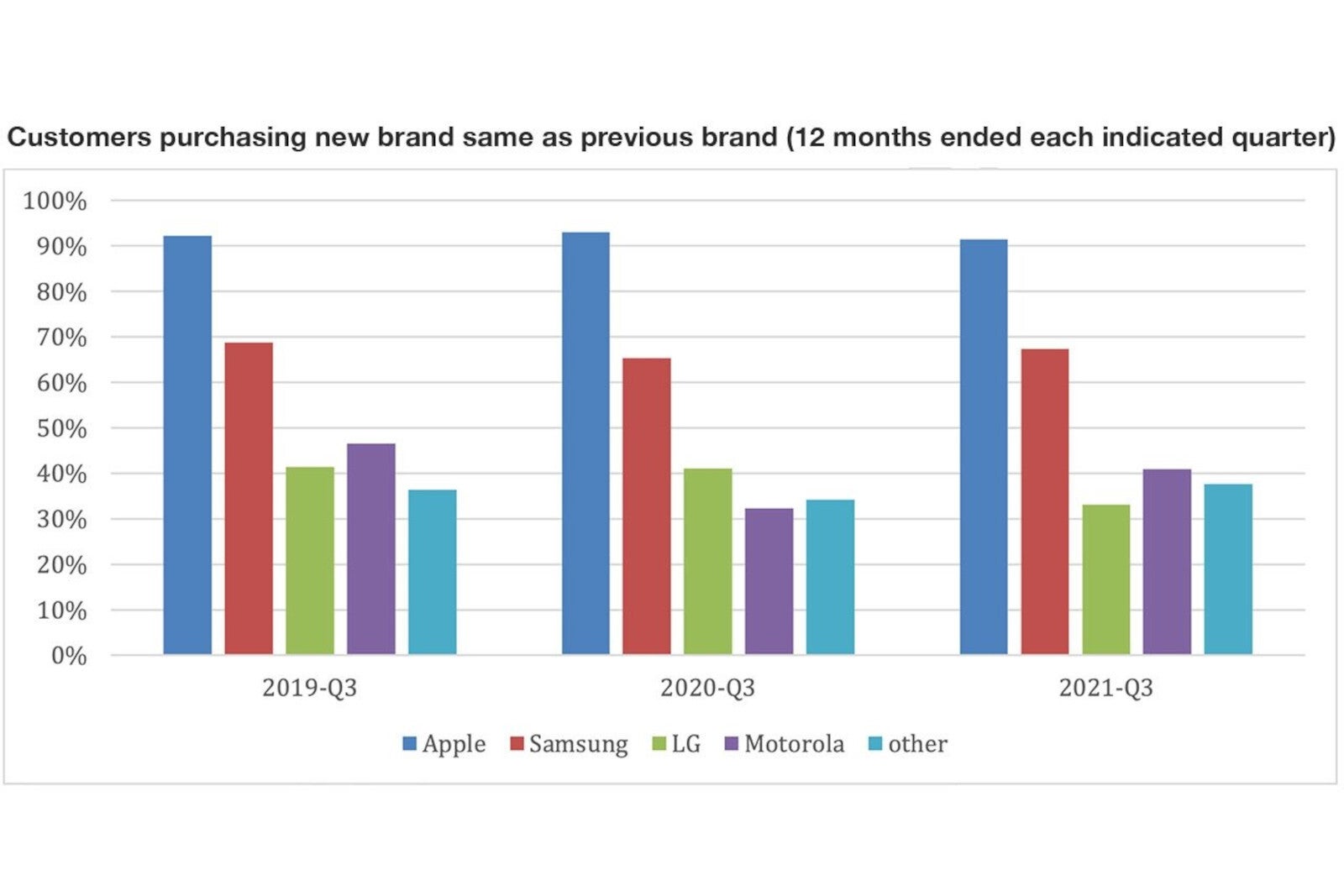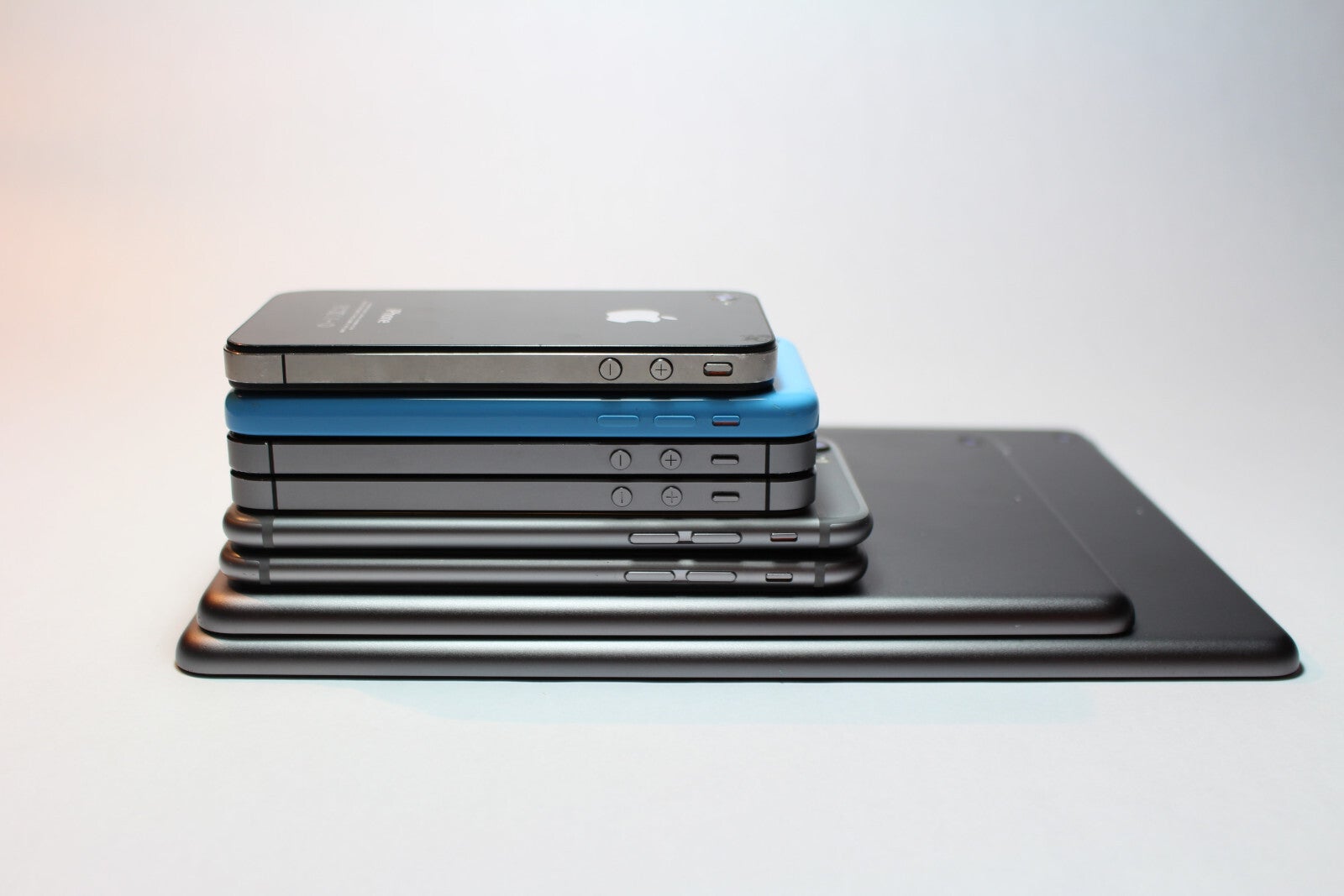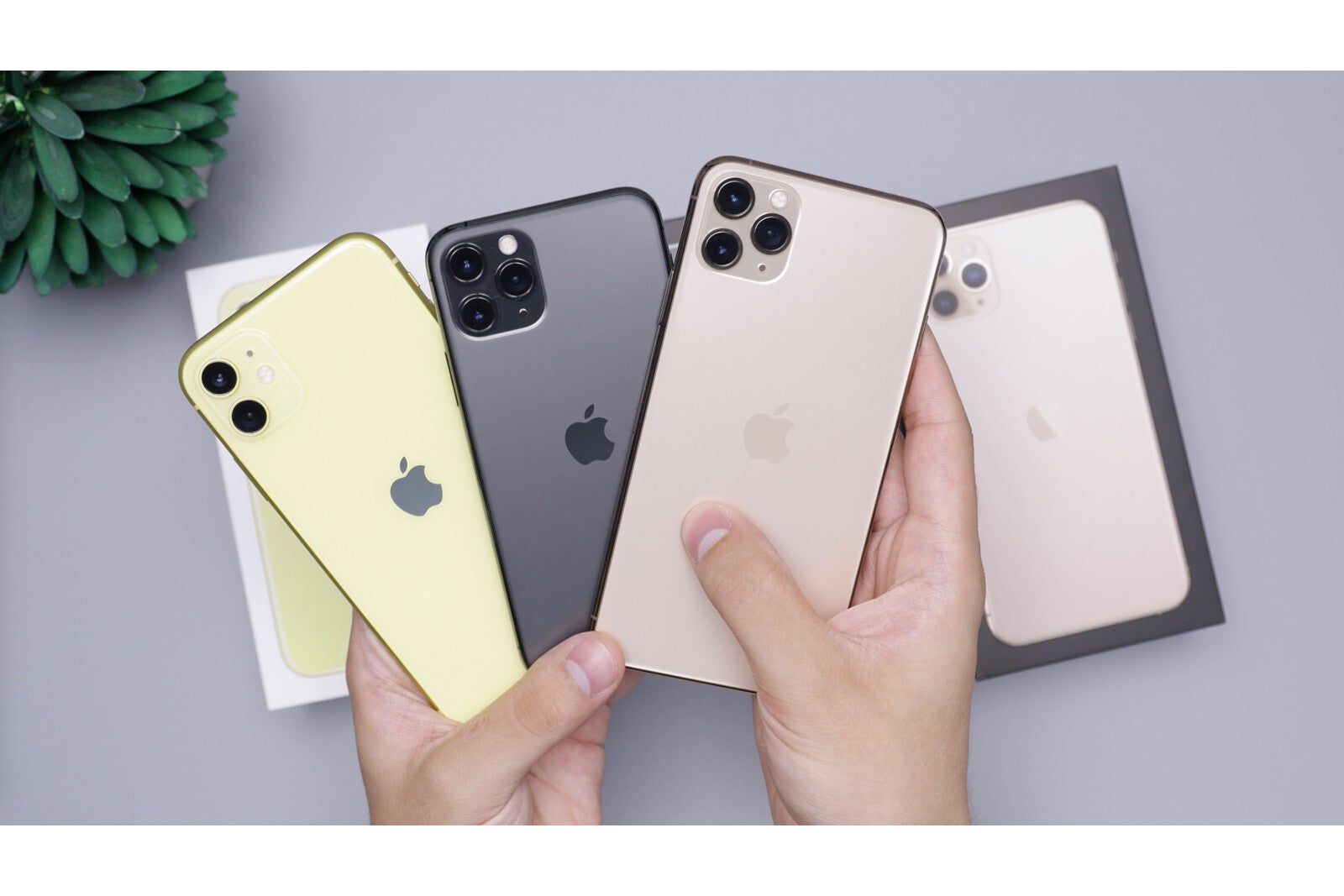Apple claims highest brand loyalty for 3-year streak

Apple brand loyalty is running higher than any other smartphone manufacturer in the United States, a recent CIRP study finds.
This characteristic was measured by calculating how many people ended up purchasing a new phone within the same brand every 12 months, with Apple being pitted against Samsung, LG, Motorola, and an "other" category (see graph above).
To put brand loyalty into numbers, iPhone users have maintained a loyalty rate of more than 90% for the past three years. This means that 2019–2021, 90% of iPhone owners upgraded to a newer iPhone model.
Not only that, but Apple leaves competing brands in the dust, with a huge gap in between; runner-up Samsung's loyalty brand is less than 70% during those three years, while LG and Motorola have consistently been losing fans.

Now, this could be a result of Apple's smartly curated ecosystem—once you own a couple of Apple's gadgets, it's very difficult to break away from the convenience of devices that work and sync together so well, and people often eventually end up buying more.
Another reason could be Apple's transformation of its brand name into a luxury lifestyle. You'll see many more high-end luxury accessory makers catering to iPhones than for any other smartphone brand, such as this $3000 iPhone case we just covered. Apple itself recently collaborated with Hermès, bringing a $449 Hermès leather AirTag holder to its website (which has since been pulled, likely due to quality issues).
We think it's safe to say that Apple has managed to make its brand something of a status symbol.
It's truly a peculiar foothold the company has gained and maintained not only on American society but on an international level, where many of their gadgets are just affordable enough for the majority of western society to afford, and are held in equal high esteem by people from all different walks of life.

On the other hand, Apple users' "loyalty" could also be simple lack of choice, to a certain extent. Once you set up an iCloud account, all your activity is locked into Apple's ecosystem—your apps come from Apple's iPhone App Store, and your backed-up data is all tied to Apple's own operating system.
In other words, if you switched to a different brand a year down the road, you'd lose your whole account and have to start from scratch, this time with a new Google account that works with the Android operating system.

If you already use a phone running Google's open-source Android OS, on the other hand—be it Samsung, Motorola, Nokia, or whatever—and twelve months down the road you decide to switch brands, it's a nearly hassle-free process.
You just back up your data and download the entire system contents onto the second device, and within minutes, it's like you've got your old phone back—except that it's a new one.
So maybe it's just the fact that Apple has its own locked-in operating system that hinders account transfers between iOS and Android, that drives people's tendency to stay in Apple's ecosystem for years—not just loyalty. (Although an earlier BLML "brand intimacy" study did show that the pandemic has made people more emotionally attached to their Apple devices than to any other brand.)
For the record, over the past three years, Samsung has kept a hold on 54% of Android-running handsets on the market, and boasts 31% of all smartphone sales in the United States (compared to Apple's 43%).
So, what do you think? If you fall into the group of people who upgraded within the same brand in the last three years, we'd love to hear your reasons for staying true—is it loyalty, or something else?









Things that are NOT allowed: